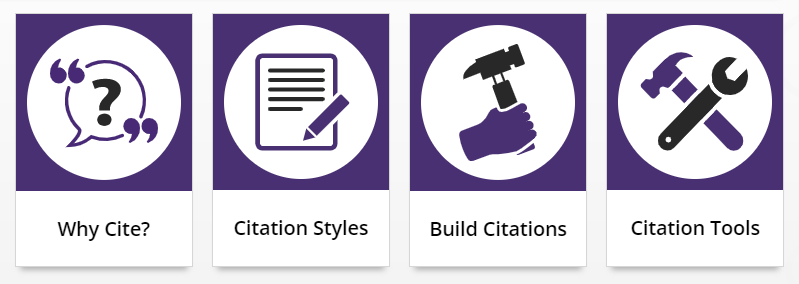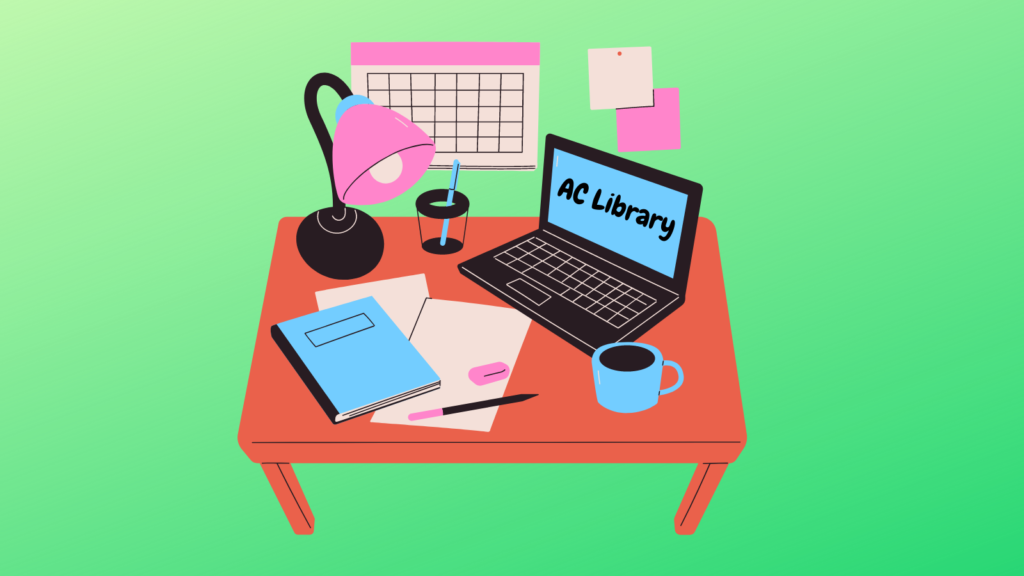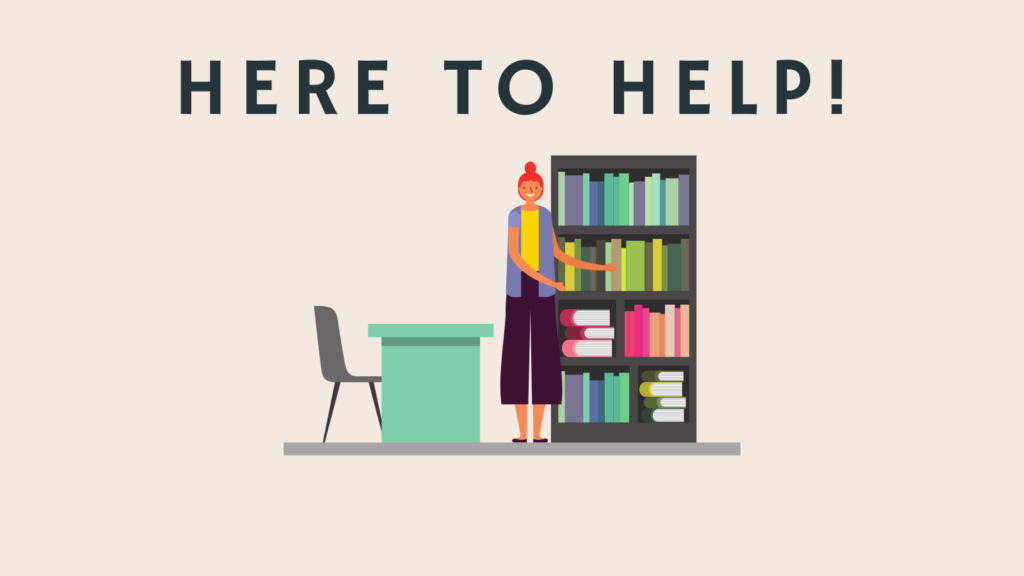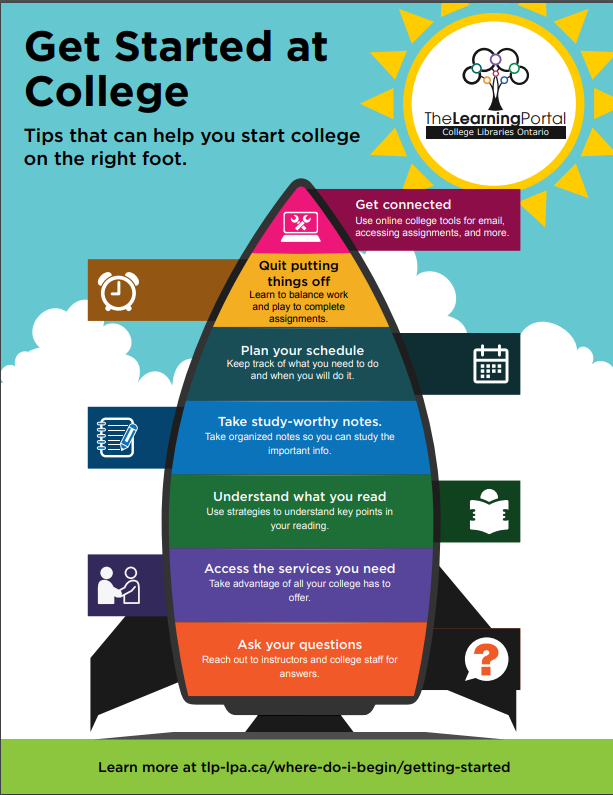Have you ever invested your own time studying for an upcoming test only to notice the person next to you looking at your answers? Or maybe you put a lot of effort into a group project only to have another person take credit for your work. These situations can be pretty unpleasant and can make you feel as though your energy and effort is being devalued. This is just one of the reasons why it’s so important to cite the sources you’ve used in your assignments and projects – everyone deserves credit where credit is due!
If you’re unsure how to properly create citations, don’t sweat it – we’re here to provide you with helpful services and resources to make the process as painless as possible.
Workshops
Free skill-building Workshops are available on a weekly basis:
- Avoiding Plagiarism: Gain a better understanding of what is expected of you academically in relation to citing your sources and avoiding plagiarism.
- Cite Right! APA Bootcamp: Find out how to use in-text citations, how to paraphrase and format a reference list, get hands on experience creating references for different types of sources, and more.
- Intro to the Library workshops: Discover our 24/7 digital resources and find out how to use and navigate online library tools.
- Finding Academic Articles: Learn how to find academic articles using library resources. Learn how to discover the characteristics of an academic article and how to differentiate it from a popular source.
Citing Sources and Avoiding Plagiarism Guide
In the Citing Sources and Avoiding Plagiarism Guide, you’ll learn how to:
- Cite Your Sources: This guide includes style manuals and information to help you cite in different styles, as well as a series of interactive modules to help you learn the basics of using APA style.
- Avoid Plagiarism: Not sure if you’re doing everything you need to do to avoid plagiarism? Not even exactly sure what plagiarism is? This guide will explain everything you need to know and what you are responsible for as a student at Algonquin College.
- AI: Generative Artificial Intelligence: Find general information on Generative AI, as well as guidance on using and citing AI in an academic setting. Always consult your instructor before using generative AI tools in your coursework to ensure that you are not committing an act of academic misconduct.

The Learning Portal
We also recommend exploring the Learning Portal’s How to Cite Module. Here you will learn about:
- Why you should cite: to prevent plagiarism and give credit to other’s work, as well as providing evidence for the topics presented in your research.
- Citation styles: there are many different styles of citing and each comes with its own set of rules and formatting of content. Your teacher will often tell you which style they want you to use (ex: APA, MLA, etc.)
- How to build citations: building proper citations is a crucial step in allowing readers to trace back your information and is also a form of protection from accusations of plagiarism. Learn how to build in-text citations and references/work cited
- Citation tools: Writing a citation from scratch can seem daunting but once you become familiar with citation generating tools, it will help simplify the process.
Have questions or need assistance?
- Chat with us using our online Library Live Chat service.
- Monday – Friday 8:00 a.m. – 5:00 p.m.
- Book a One-on-One Research Appointment with Instructional Library staff.
- Book an Online Writing Appointment with a Student Learning Centre (SLC) Coach for help with brainstorming, creating an outline, grammar, and citing and referencing.

Additional Resources
- Algonquin College’s policies: we recommend familiarizing yourself with college policy to ensure you fully understand your roles and responsibilities.
- The Learning Portals Academic Integrity module: to better understand what you are responsible for as a student, every college in Ontario has an academic integrity policy.
Never forget to cite your sources and always remember to give credit where credit is due!


